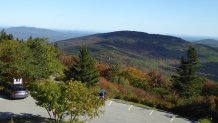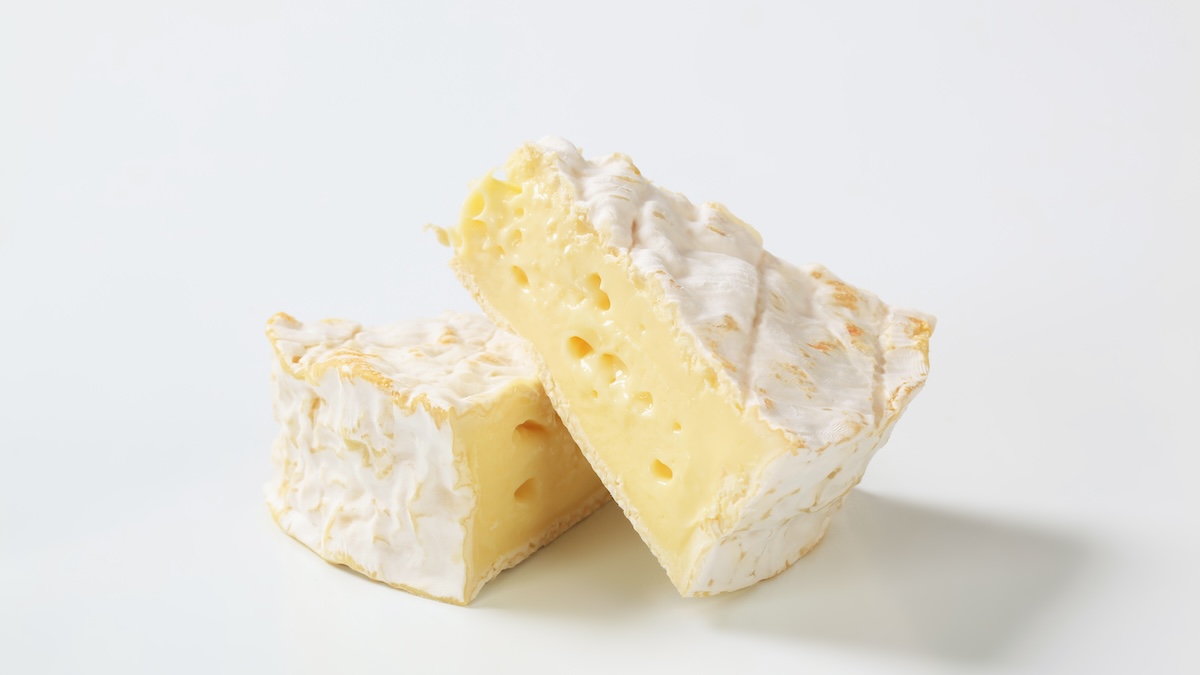Autumn colors are as synonymous with New England as the rocky coastline. With summer heat and humidity on the wane, this is a season that many savor as their favorite time of year.
While our foliage often dazzles millions of visitors and locals alike, there are also some years where it can be a complete dud. The key lies in the complex interplay between the diminishing sunlight, rainfall, temperature and humidity. Fine tuning this balance can make or break the season.
All summer long, a green masking chemical called chlorophyll resides in the leaves of trees. This chemical reacts with sunlight to drive a process called photosynthesis; this is essentially how the trees are nourished. When temperatures and daylight hours begin drop in the fall, chlorophyll production also declines, and these other colors – reds, yellows, oranges — are revealed.
While all the leaves will change (and drop) regardless of the weather, a combination of weather factors can enhance or diminish the brilliancy of the colors.

Too much rain in the summer can cause blights, cankers and mold spotting on the leaves, which in turn causes premature leaf drop in the fall and/or brownish, dead leaves. Humidity can also play a role in this respect, preventing the leaves from drying after wet spells or frequent periods of rain.
On the other end of the spectrum, drought during the summer can cause leaves to drop early as well, which in turn thins the forest canopy and makes the foliage display appear washed out and dull (see last summer). It also can delay the change of the remaining leaves by weeks.
U.S. & World
But here’s the twist: dry weather in EARLY fall is important in creating the brighter colors we see in many of our finest seasons.
Temperatures are critical in popping the color too. Long-term warm weather is the nemesis to the changing leaves. On the other hand, cool temperatures at night can physically close the veins of a leaf, preventing the sugars from moving out and making the red pigments really sparkle.
So far this season, we’re off to a good start. A cool snap last week really helped get the colors rolling. Northern New England will be peaking this weekend, while the colors in southern New England may take until mid to late October.
Enjoy the tours of the countryside and drive safe!
Here's a quick state-by-state breakdown of where and when to find the best colors:
Maine
Gorgeous color is to be found north of Bangor all the way throughout Baxter State Park and the Rangeley Lakes Region. Farther north in “The County” (Aroostook), colors are peaking this weekend. Still some early color throughout central and southern Maine, with mostly green trees to be found along Route 1 through the Midcoast.
Massachusetts
Reports from the Berkshires show that although we may be a bit behind schedule, what we’re seeing is still pretty vibrant. Elsewhere, colors are continuing to unfold in the Merrimack Valley, Greater Worcester, and Metrowest. We still have a couple weeks to go before peak color begins to descend from the mountains. Plan on mid to late October for the real color show.
New Hampshire
Tons of leaves are nearing peak along and north of the Kanc and into the notches. Some of the best color in all of New England can be found with a simple ride north on Interstate 93. This is the weekend for peak color in the higher elevations all around the Mount Washington Valley too. Farther south, the colors range from slight near the Seacoast to splashes of emerging color in the Lakes Region and around Mount Monadnock.
Vermont
From what we can gather from the pics from our weather spotters, this is a banner year for foliage in Vermont. Ample summer rain combined with a recent cool snap to make the colors radiate all throughout the Green (now red/orange/yellow) Mountains. Some stunning routes include Route 100 from Waitsfield to Killington and south to Ludlow and Route 7 from Middlebury to Bennington



